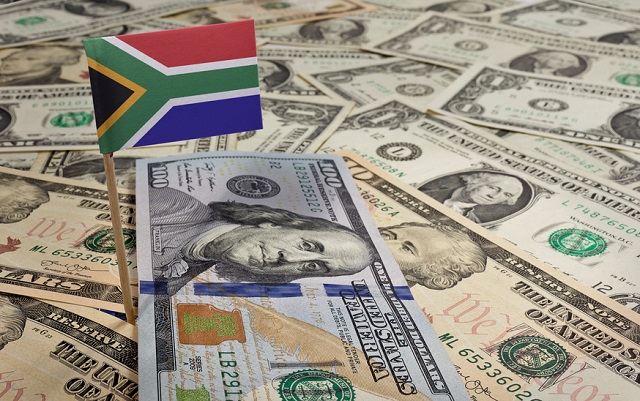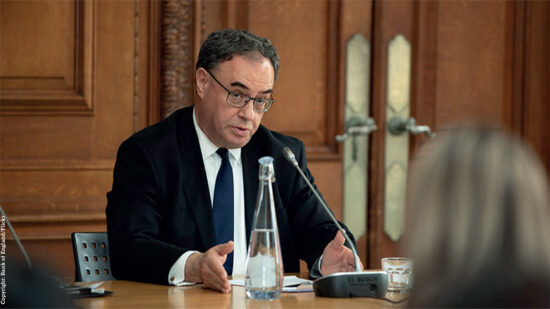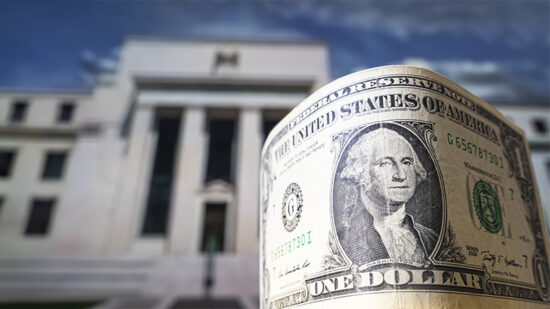The Davis Tax Committee (DTC), set up in 2013 to review and make recommendations on South Africa’s tax system, has launched a consultation on implementing a new wealth tax.
“The distribution of wealth in South Africa is highly unequal. It is well established that economic inequality inhibits economic growth and undermines social, economic and political stability.
“The DTC was specifically requested by the minister of finance to inquire as to whether it would be appropriate to introduce additional forms of wealth taxation and the feasibility of doing so,” read the consultation paper published earlier this week.
The DTC said it is considering creating the new levy as either a land tax, a property tax or an annual wealth tax.
The committee has called for feedback on the proposals by 31 May, after which a workshop for in-person submissions will be held in June.
Commentators have previously predicted that a new wealth tax could involve a 0.5% annual tax on all assets over ZAR30m (£1.7m) after Judge Dennis Davis, who heads up the DTC, told local media last year he was hoping it would add ZAR5bn to state coffers.
Existing wealth taxes
Currently, South Africa already has three forms of wealth taxation which together bring in about 1% of tax revenue, revealed the committee.
This includes an estate duty which applies a 20% levy to estates with a net value in excess of ZAR3.5m, including all worldwide assets.
There is also a transfer duty and donations tax, an IHT charge of 20% on gift payments over ZAR100,000.
Capital Gains Tax (CGT) is also seen as a wealth tax by many of the country’s tax advisers, however, the DTC said it “has taken the view that CGT is a form of income tax”.
Economic turmoil
The move is seen as another revenue-raising exercise by a South African government under pressure to target the wealthy as it battles weak tax receipts which, during the last financial year, were R30bn rand less than expected.
During the annual budget in February, former finance minister Pravin Gordhan raised the top tax bracket from 41% to 45% on annual incomes of more than ZAR1.5m, which is expected to hit around 100,000 people, including some of the thousands of British expats living in South Africa.
South Africans working in non-income tax jurisdictions, such as the UAE, Mauritius, and the Cayman Islands, have also been told they will be liable to pay income tax in South Africa.
Political uncertainty
President Jacob Zuma has called for a radical transformation of the economy following losses in local elections last year partly caused by anger over rampant inequality in South Africa, one of the highest in the world.
Africa’s most industrialised economy is also facing a ‘perfect storm’ of low commodity prices, sluggish global demand and the worst drought in more than a century.
Junk bond status
Political uncertainty caused by Zuma’s drastic cabinet reshuffle earlier this month, which Gordhan’s sacking, lead S&P Global to downgrade South Africa’s long-term sovereign credit rating to BB, also known as ‘junk’ or ‘non-investment grade speculative’, on 3 April.








